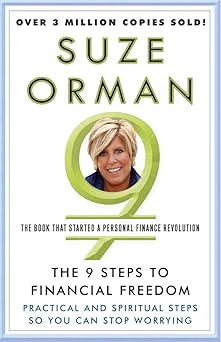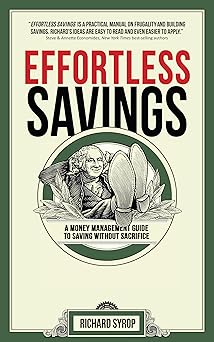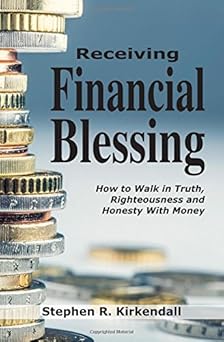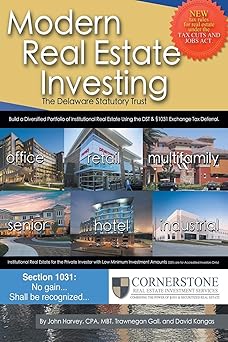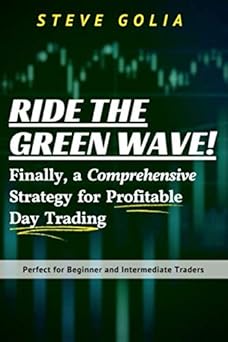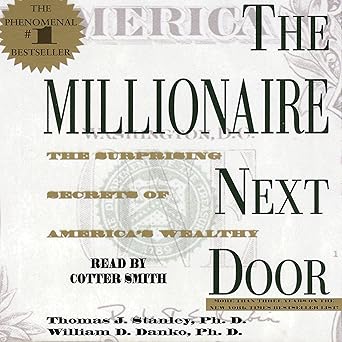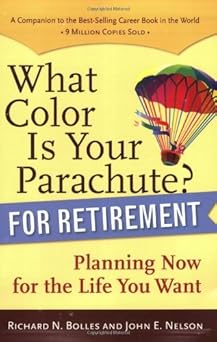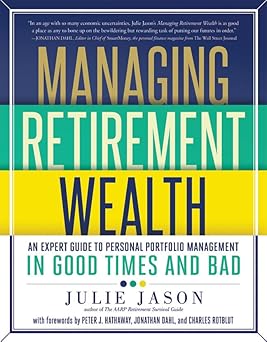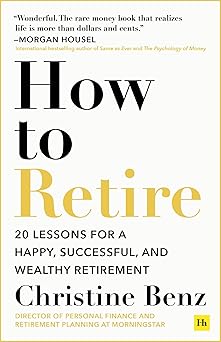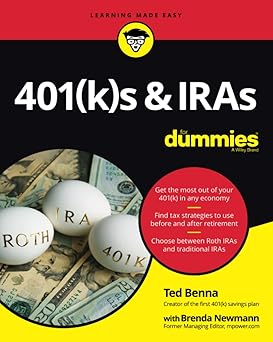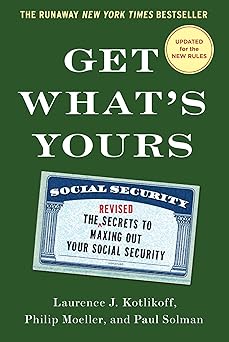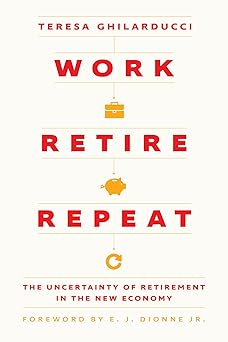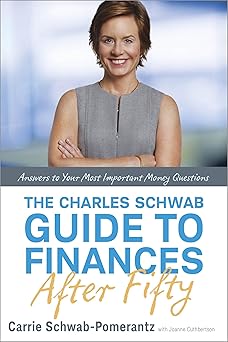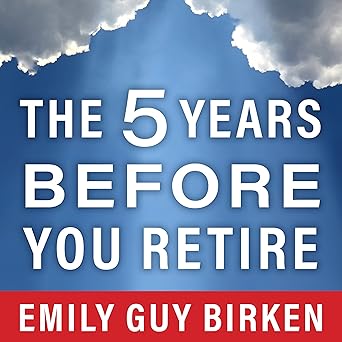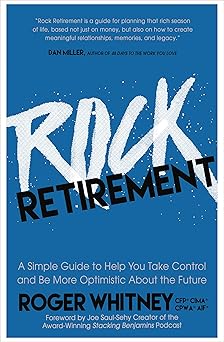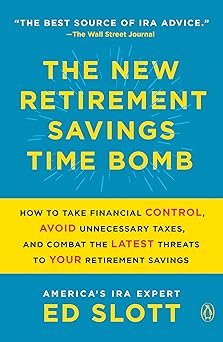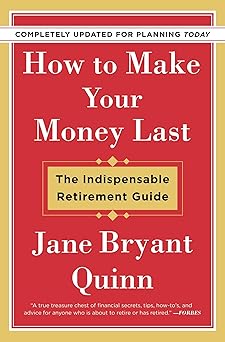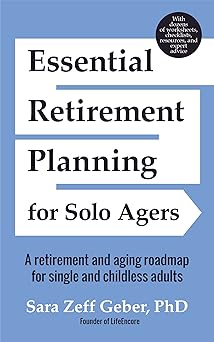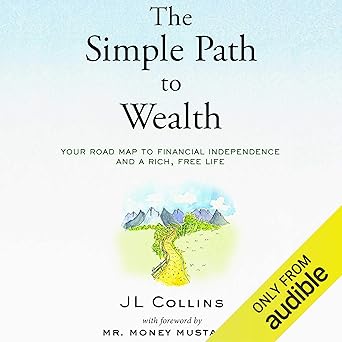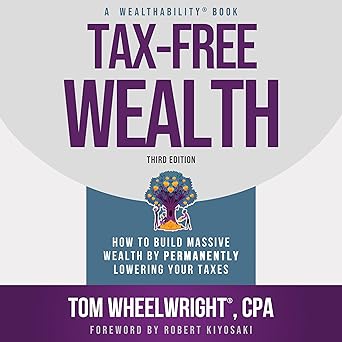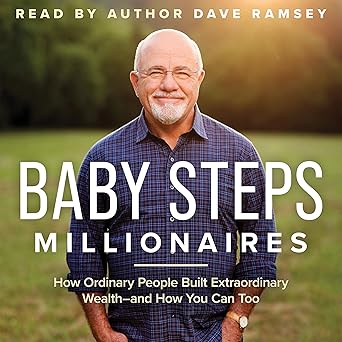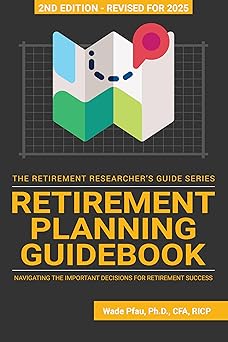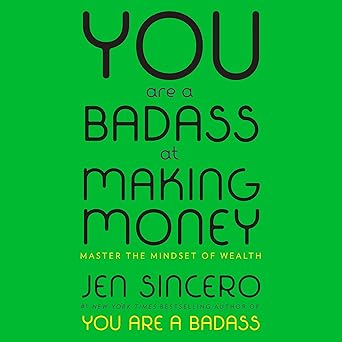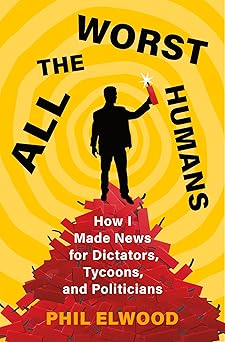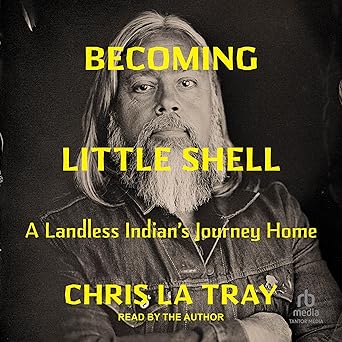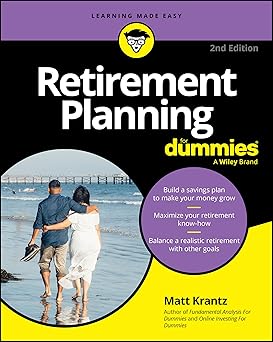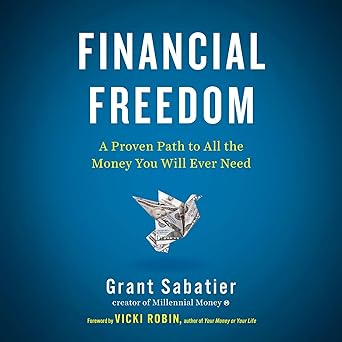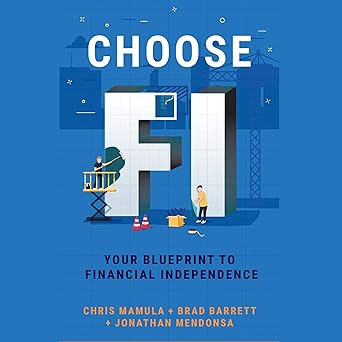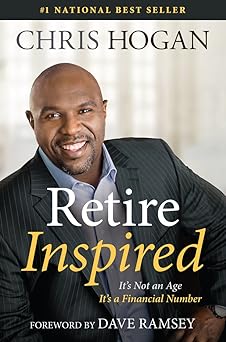It’s easy to feel lost and confused when big things happen in the world, especially when it comes to money and the economy. I remember when the news about the recession first started swirling around – I felt anxious and unsure about the future, just like many of you probably did. It felt like the ground was shifting beneath our feet, and it was hard to understand what was happening or what it meant for our families and communities.
That’s why I put together this list of books. These aren't dry textbooks filled with complicated charts and numbers. They are stories, explanations, and analyses from people who were in the middle of it all – experts, observers, and people trying to make sense of a really confusing time. My hope is that reading these books together will help us feel a little more informed, a little less anxious, and a lot more connected as we navigate these challenging times. Let’s dive in and unpack what happened, why it happened, and what we can learn from it.
Crisis
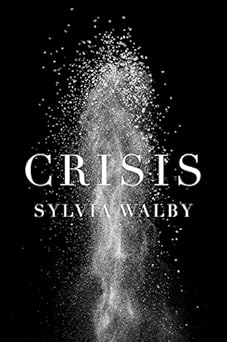
We are living in a time of great uncertainty, where the crises that surround us have a profound impact on society as a whole. Financial struggles have led to economic downturns, unemployment, and a fiscal crisis that affects the way governments manage their finances and make decisions. This has led to a political crisis that threatens the very foundations of our democracy, widening the gap between the rich and the poor, and exacerbating gender inequalities. It's hard not to think of my own grandmother, who lost her job due to the economic downturn and struggled to make ends meet, and the countless families who are still feeling the effects of it today. The way we respond to these crises is a topic of much debate, with some arguing for austerity measures and reducing welfare spending, while others believe that we need to regulate the financial sector to prevent such crises in the future. The question of how we distribute resources and what strategies we need to implement to stimulate economic growth is a complex one, and one that is deeply tied to the way we understand the relationships between gender, power, and economics. I have seen firsthand how these debates can be hurtful and alienating for those already marginalized, and how the lack of consideration for the impact on vulnerable groups can lead to further division and inequality. That's why I find Sylvia Walby's work on crisis so compelling - she offers a new perspective that draws on complexity science and challenges the way we think about risk, disaster, and catastrophe, and invites us to reimagine the social sciences in a way that is more nuanced and empathetic.
Discover this book on Amazon (affiliate link)
After the Music Stopped: The Financial Crisis, the Response, and the Work Ahead
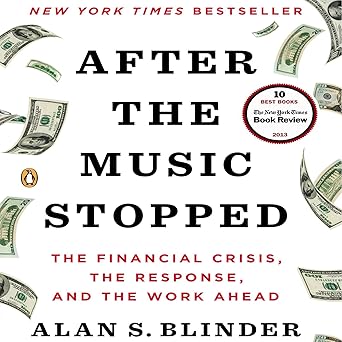
This book is a powerful and insightful exploration of the 2007 financial crisis, written by a renowned economist who was at the forefront of it all. As I reflect on my own experiences with economic uncertainty, I am reminded of the importance of clear thinking and effective decision-making during times of crisis. Blinder's masterful narrative weaves together the complex web of events that led to the crisis, from the bursting of the housing bubble to the global implications that followed. I was struck by the author's ability to explain complex economic concepts in a way that is accessible and easy to understand, making the book a truly listenable and engaging read. What struck me most, however, was the author's sense of compassion and empathy for those who were affected by the crisis, from the devastating impact on families and communities to the huge economic costs to individuals and businesses. His book is not just a technical analysis of the crisis, but also a deeply human exploration of its consequences and the path forward. As I finished the book, I couldn't help but feel a sense of hope and determination, knowing that it is now up to us to learn from the past and work towards a more resilient and equitable economy for all.
Discover this book on Amazon (affiliate link)
The End of Alchemy: Money, Banking, and the Future of the Global Economy

We've all been there - staring into the abyss of uncertainty, wondering how our financial systems got so out of whack. For me, it's a feeling that's hard to shake, especially when it comes to the mysteries of money and banking. Mervyn King's latest work takes us on a journey to the heart of the matter, and I must say, it's a game-changer. As someone who's been fascinated by the inner workings of our economy, I was blown away by King's candor and insight. He takes us back in time to the Industrial Revolution, where two revolutionary ideas - paper money and credit - truly transformed the fabric of our society. We've been living with the magic of these systems for centuries, and it's no wonder we're still reeling from the consequences. King argues that this "financial alchemy" has both incredible benefits and disastrous pitfalls, and it's time to confront the inherent weaknesses of our current system. Drawing on his decade-long tenure at the Bank of England, King offers fresh perspectives on the future of our global economy, cutting through the noise to reveal a clear path to prosperity. It's a bold vision, and one that I believe we can all get behind - one that promises a more durable and sustainable future for us all.
Discover this book on Amazon (affiliate link)
The Great Recession
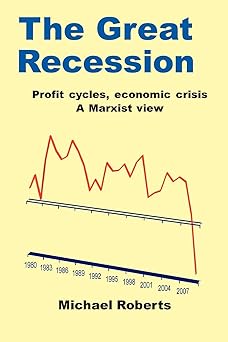
This book is a thought-provoking exploration of the 2008-9 global economic crisis, also known as the Great Recession. The author delves into the concept of capitalism and the laws of motion that govern it, drawing heavily from the work of Karl Marx. The book provides a unique perspective on the crisis, arguing that it was not a spontaneous event, but rather a predictable outcome of the capitalist system's inherent flaws. The author, Michael Roberts, has spent years studying the economy and has a deep understanding of the underlying dynamics that led to the crisis. As I turned the pages, I couldn't help but think of the economic struggles that many people face in their daily lives. The author's explanation of how the crisis was rooted in the capitalist system's emphasis on profit and growth, rather than people's well-being, resonated deeply with me. The book also raises important questions about whether a similar crisis could happen again in the future, and whether there are any ways to prevent it. Reading this book was a humbling experience, making me realize just how complex and interconnected the global economy is.
Discover this book on Amazon (affiliate link)
The Fed and Lehman Brothers: Setting the Record Straight on a Financial Disaster (Studies in Macroeconomic History)
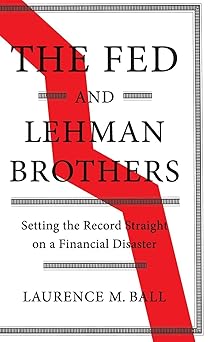
The 2008 financial crisis was a pivotal moment in recent history, and the events surrounding the bankruptcy of investment bank Lehman Brothers are still shrouded in controversy. For those who may not recall, the collapse of Lehman Brothers was the spark that set off the Great Recession, leaving millions of people around the world struggling to recover. But what really happened behind the scenes, and why did the Federal Reserve, specifically the leaders who were in charge at the time, seem to lack the urgency and willingness to act that we might have expected? This is exactly what a new book, written after a meticulous four-year study, sets out to answer. The author presents a compelling narrative that shows the Fed did have the power to rescue Lehman, but chose not to due to a combination of political pressures and a miscalculation of the true impact of the bankruptcy on the economy. This isn't just a dusty academic exercise, but a cautionary tale about the dangers of unchecked power, the limitations of official narratives, and the need for transparency and accountability in times of crisis. The book also raises questions about the Federal Reserve's ability to learn from its past mistakes and prevent similar disasters in the future.
Discover this book on Amazon (affiliate link)
